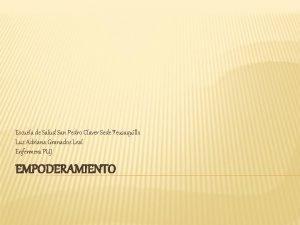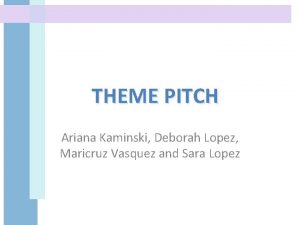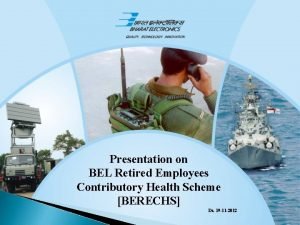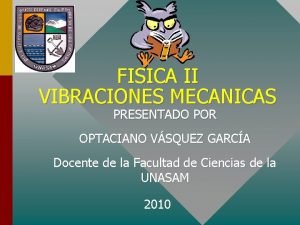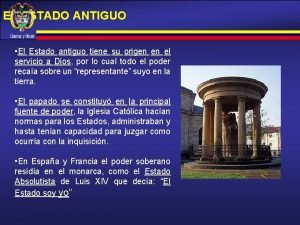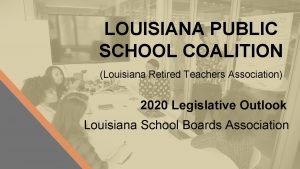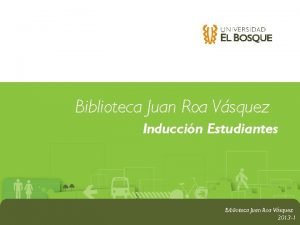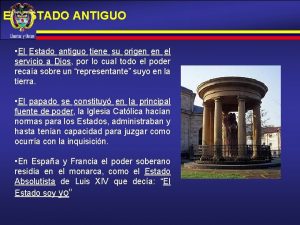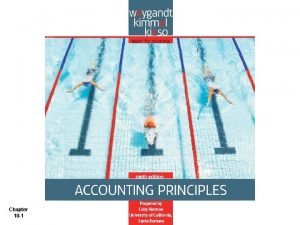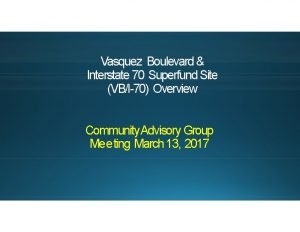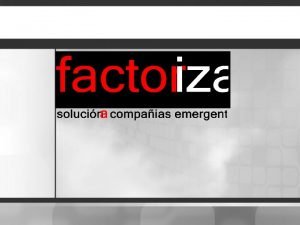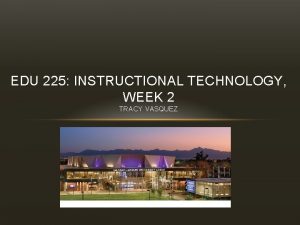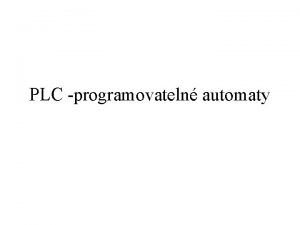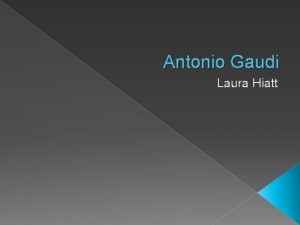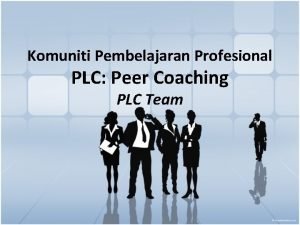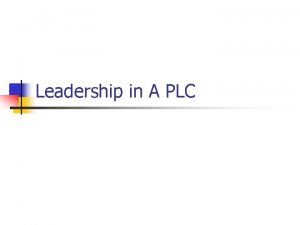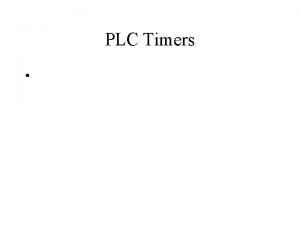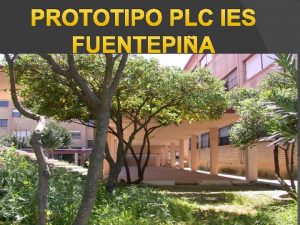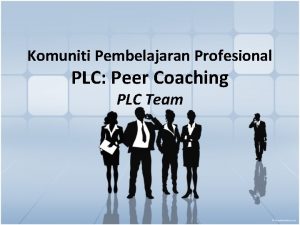San Antonio PLC Conference David Vasquez Retired Principal















- Slides: 15

San Antonio PLC Conference David Vasquez Retired Principal & Educational Consultant

PLC is Action The question confronting most schools and districts is not, “What do we need to know in order to improve? ” but rather, “Will we turn what we already know into action? ” (Du. Four, Eaker, & Many 2010)

CISD Professional Learning Communities “Professional Learning Communities demand more than workshops and professional development for all. It is the daily habit of working together, and it cannot be learned in a course or workshop. It needs to be learned by doing it and having mechanisms for getting better at it on purpose. ” (Du. Four, Eaker, & Many 2010)

Learning by Doing “We learn best by doing. Educators have known this to be true for quite some time. Most educators acknowledge that our deepest insights and understanding come from action, followed by refection and the search for improvement. ” (Du. Four, Eaker, & Many 2010) The vision at Castleberry ISD is to provided Professional Learning that emphasizes the importance and power of learning by doing. We want educators to be actively engaged in hands-on authentic exercises that promote action and close the knowing-doing gap.

CISD – PLC’s 1. 2. 3. 4. 5. 6. Introduction to Professional Learning Communities Laying the Foundation – Mission & Vision Effective Communication of your Mission and Vision Fundamental Purpose – The Four PLC Questions Systematic Intervention – RTI Building a Collaborative Culture – Collaborative Teams 7. Results Orientation – Smart Goals 8. Turning Data Into Information – Common Formative Assessments 9. Responding to Conflict 10. Distributive Leadership

PLC’s at Work • Introduction to Professional Learning Communities • Laying the Foundation – Mission & Vision • Effective Communication of your Mission and Vision • Fundamental Purpose – The Four PLC Questions

Response to Intervention • This chapter will need to be researched and collaboratively designed to meet the needs of all the students in each school. This will be an ongoing process that will be revised and improved as assessment and data are utilized to make decisions.

Building a Collaborative Culture • Collaborative Teams have been developed • Time has been provided for the teams to meet • Collaborative Teams focus on the four PLC questions

Important Questions • Are teams asked to submit specific products to a designated timeline? • Do these products reflect their focus on the critical questions? • What systems are in place to monitor the work and the effectiveness of the teams on a timely basis?

Norms • Has every team developed explicit norms that clarify the commitments members have made to one another regarding how they will work together as a team. • Do teams honor the norms they have established? What happens when faculty members do not honor the commitments?

A Collaborative Team The Collaborative Team is a part of the PLC not the PLC itself! PLC is the ongoing process in which educators work collaboratively in recurring cycles of collective inquiry and action research to achieve better results for the students they serve (Du. Four, Eaker, & Many, 2010).

Collaboration • Collaboration does not lead to improved results unless teachers are focused on the right issues. • Collaboration is a means to an end, not the end itself.

Collaborative Teams • Analyze and Evaluate your Collaborative Teams from 2015 – 2016 and summarize your results with your group. • Share your results with your colleagues from another campus. • Compare the similarities and differences.

Collaborative Teams 2016 - 2017 • During this conference begin with the end in mind when you start to design your teams for 2016 – 2017 school year. • Teams must be results oriented on a daily basis. • Develop a system that will monitor the work and accomplishments of the Collaborative Teams.

Daily Assessment Question What must occur for PLC’s to be successful? David Vasquez djv 4@hotmail. com Follow me on Twitter @David. JVasquez 2 (806)252 -0067
 Plc conference san antonio
Plc conference san antonio Escuela de enfermeria san pedro claver
Escuela de enfermeria san pedro claver Ariana kaminski
Ariana kaminski Bel retired employees association
Bel retired employees association Ecuacion de la segunda ley de newton
Ecuacion de la segunda ley de newton Características del estado absolutista
Características del estado absolutista Becky vasquez
Becky vasquez La retired teachers association
La retired teachers association Biblioteca juan roa vasquez
Biblioteca juan roa vasquez Post retirement medical scheme of indian oil
Post retirement medical scheme of indian oil 3 elementos del estado
3 elementos del estado Ordinary repairs
Ordinary repairs I 70 and vasquez
I 70 and vasquez Hector novoa vasquez
Hector novoa vasquez Tracy vasquez
Tracy vasquez Breanna bergen
Breanna bergen

